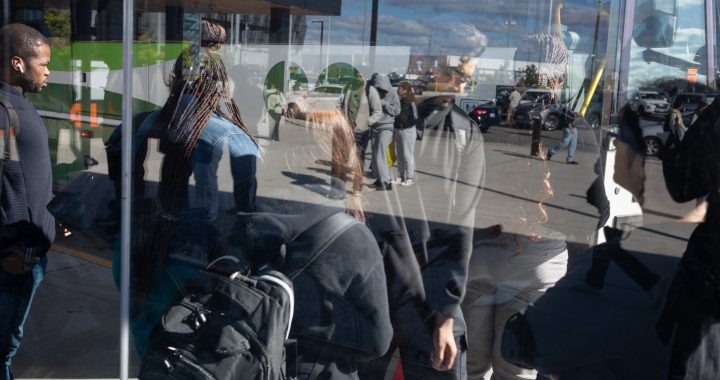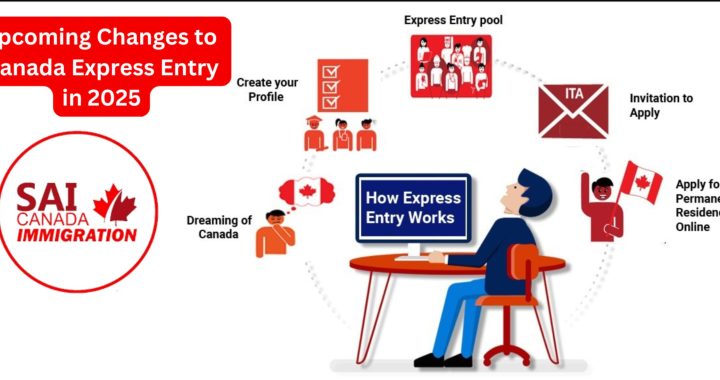Implications of Moving to another Province after Immigrating on PNP

Citizens and permanent residents of Canada have the right to settle and work anywhere in Canada
Every year many PNP immigrants wish to leave their nominated province and move to another region immediately after landing to Canada. However, this practice can lead them in trouble as provincial authorities can litigate them for misrepresentation.
Well, Canada doesn’t have any rule which stops the citizens and permanent residents of Canada to move, work and stay in any part of the country. However, the case is different for the PNP (Provincial Nominee Program) migrants.
What is the Provincial Nominee Program (PNP)?

Provincial Nominee Program (PNP) is one of the fastest-growing Canadian immigration programs which has the main aim of attracting people who can take part in the growth and development of the Canadian provinces.
Ultimately, the definition suggests that the provincial authorities want their nominated immigrants to stay in their province permanently.
In addition to it, the Canadian government has made some provisions to stop the applicants for a back-door entry to Canada using the PNP platform.
How Applicants Use PNP as a Back-Door Entry?
Many prospective applicants who don’t qualify under the Federal Skilled Worker Program, use Provincial Nominee Program (PNP) as a back-door entry for immigrating to the Canadian provinces such as Quebec, Manitoba, Nova Scotia and few others.
Indeed, this has been a severe challenge for the provinces like Quebec, which are directly authoritative to attract and select the migrants, to retain the applicants.
As the study confirms, out of the total applicants approved, Quebec retains only a fraction. The reason is that most of the applicants decide to settle elsewhere after immigrating on PNP, who earlier elected Quebec as their initial intention to settle.
Resultantly, the retention of immigrants always remains a harsh challenge for those provincial policymakers who promote their skilled worker program.
Rights of Mobility of Permanent Residents

According to section 6 of the Canadian Charter of Rights and Freedoms, Canadian citizens and permanent residents have the right to stay and work anywhere in the country without any restrictions.
However, these rights begin when you have established as a permanent resident of any one of the Canadian provinces.
What are Your Obligations as a PNP immigrant?
- You must maintain adherence in the application process if applying through the Provincial Nominee Program (PNP).
- The intentions to settle in the sponsored province must be present in your words while the immigrating officer is interviewing you.
- Remember that IRCC may ask for the settlement plan to ensure that the applicants are not using PNP for seeking the means of back-door entry to Canada.
- You must show truthfulness in your intentions because if you intend to settle in the province other than the sponsored region, IRCC may refuse your entry to Canada and the chances for Canadian PR might get decreased in the future.
Tips to Use Before Moving to the Other Province
Provincial Nominee Program (PNP) is becoming one of the popular options for newcomers to settle and work in Canada. Even, like Canadian citizens and permanent residents, PNP applicants can move to another province.
Well, to reside in another province as a PNP immigrant, you need to-
- Look for another opportunity in the same territory you are nominated for residing.
- Keep a record of all your job searching activities.
- Approach the office of immigration and provincial authority in your locality.
- Let the judicial officers know about your job search efforts with documents and proof.
- Prove to the provincial authorities that the province you are nominated for, could not provide any occupation as per your skills and experiences.
- Once you convince the officials about your reason for leaving the province, you’ll be allowed to move to another region.
Make sure to get the official’s decision for you to move in a written form to facilitate your settlement to another province.
As a newcomer, project your immigration steps to Canada under the Provincial Nominee Program (PNP) carefully by considering and balancing your legal rights provided by the section 6 of the Charter of Rights and Freedom of Canada.

 Now Canada Can cancel the Travel Visa or Study Permit issued- What You Need to Know About Visa, Work, and Study Permit Cancellations
Now Canada Can cancel the Travel Visa or Study Permit issued- What You Need to Know About Visa, Work, and Study Permit Cancellations  Impact of Anti-Immigrant Sentiment on Canada’s Provinces and Job Sectors
Impact of Anti-Immigrant Sentiment on Canada’s Provinces and Job Sectors  Key Changes in 2025- updating Job Requirements for Express Entry Canada
Key Changes in 2025- updating Job Requirements for Express Entry Canada  Canada Cracks Down on “Ghost Immigration Agents”: Protecting Immigrants and Restoring Integrity
Canada Cracks Down on “Ghost Immigration Agents”: Protecting Immigrants and Restoring Integrity  Can Immigration consultants help save from getting deported from US? How much could be the cost and chances of success?
Can Immigration consultants help save from getting deported from US? How much could be the cost and chances of success?  What are Options before an immigrant in USA if he is served Deportation Order
What are Options before an immigrant in USA if he is served Deportation Order  Increased Rejections of Temporary Residents in Canada: A 2025 Perspective
Increased Rejections of Temporary Residents in Canada: A 2025 Perspective